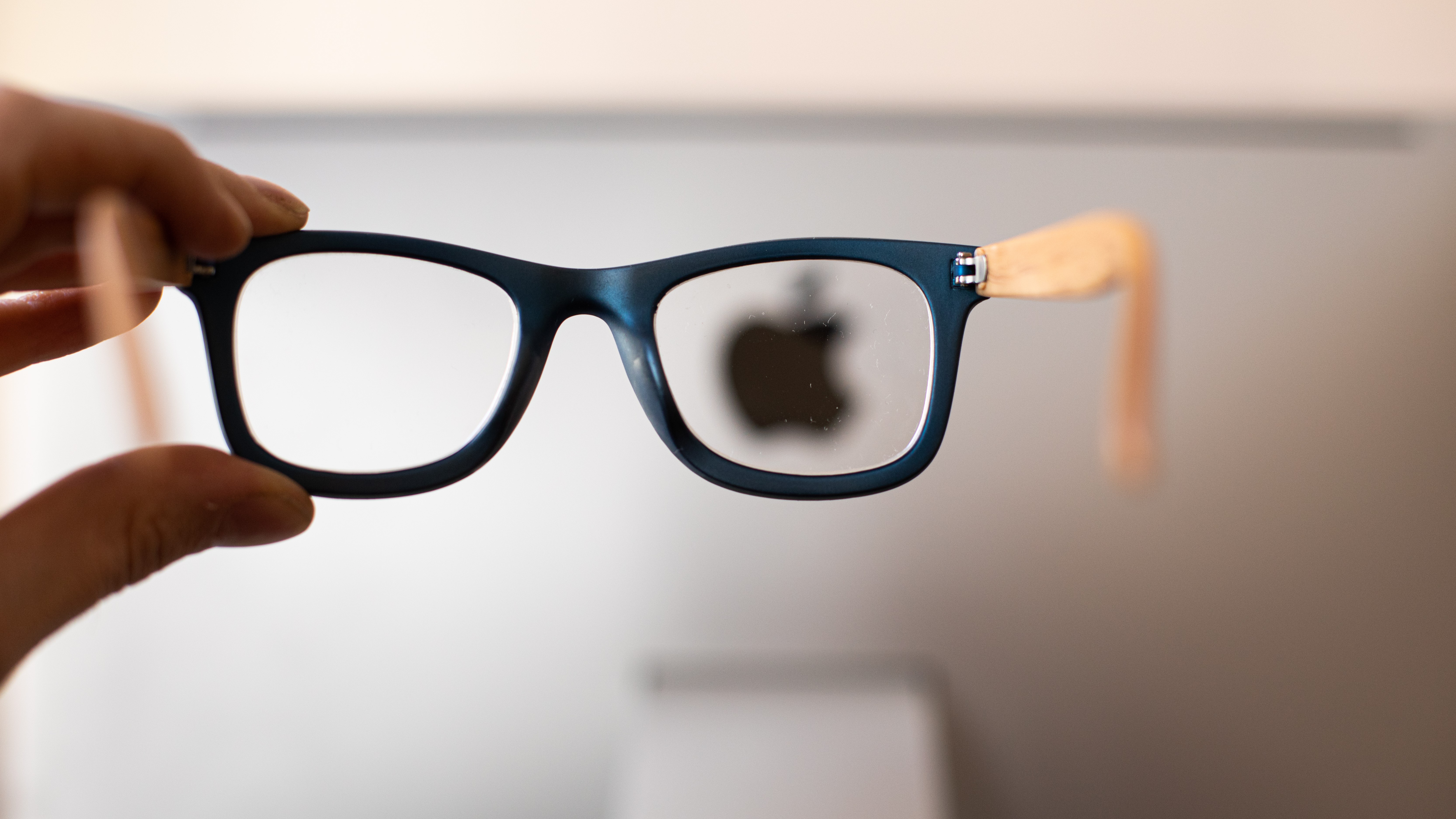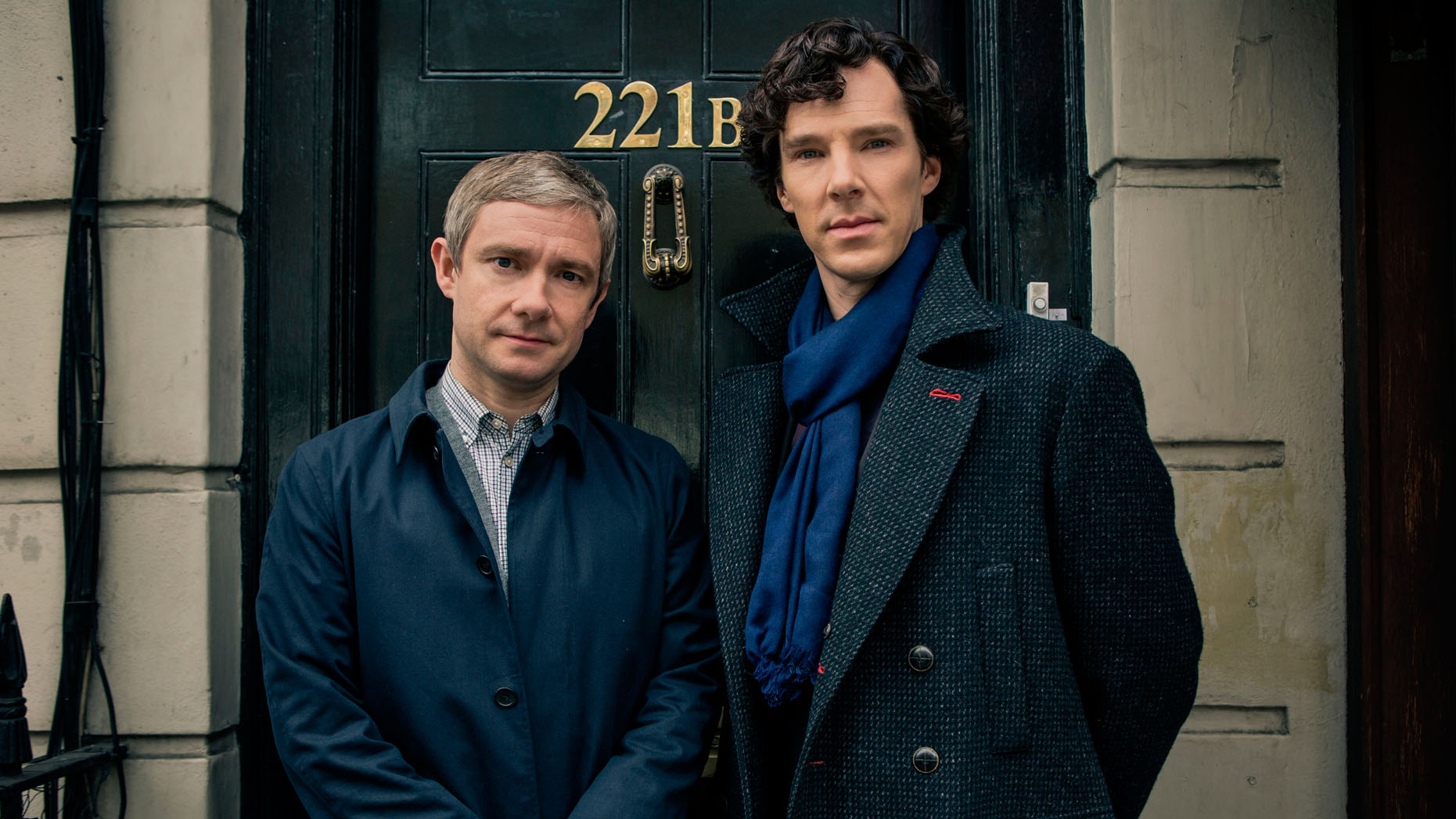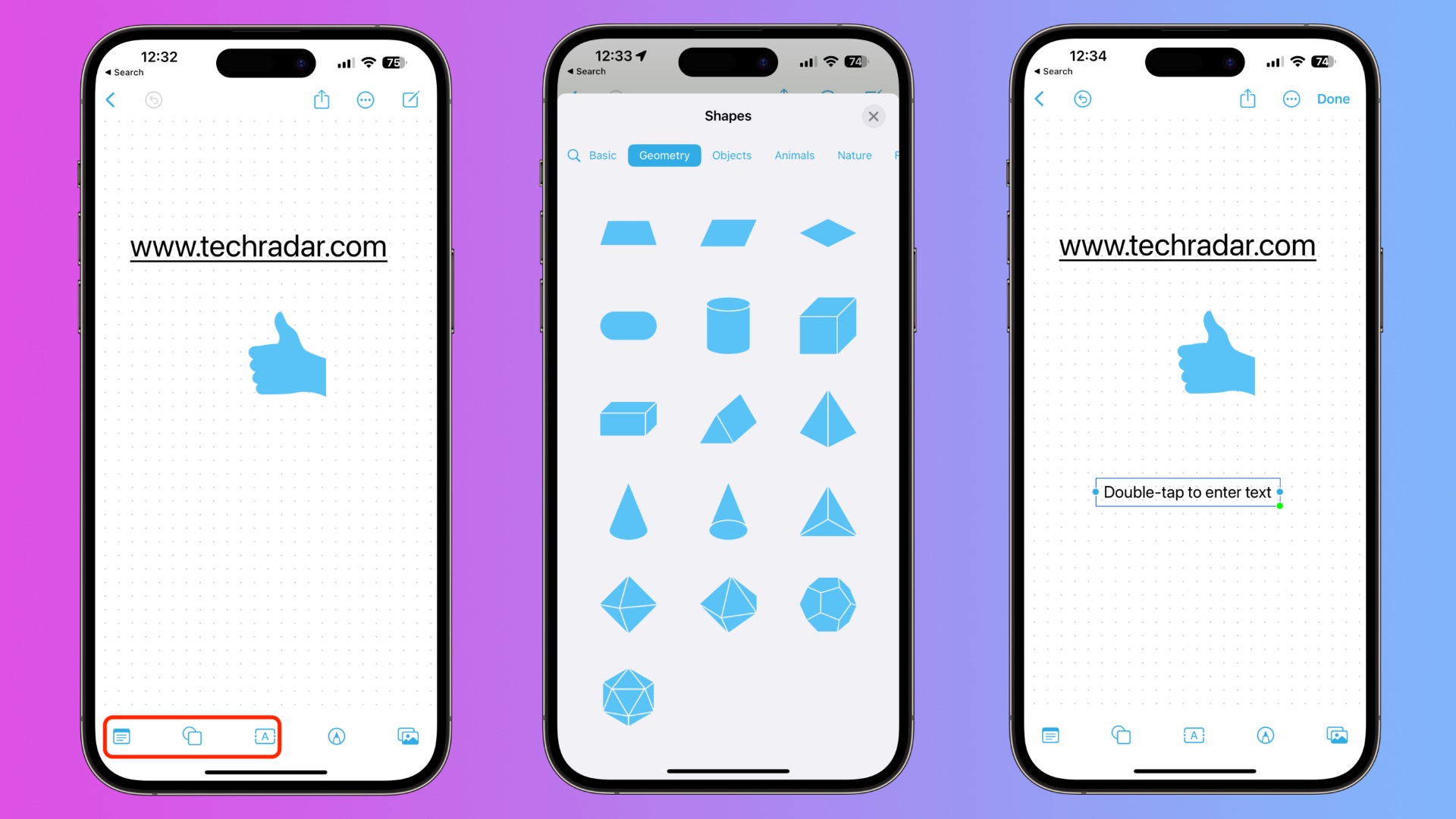Apple's leaked iPhone journaling app could be the foundation for Apple Glasses
Knowing where you are and who you're with

Sign up for breaking news, reviews, opinion, top tech deals, and more.
You are now subscribed
Your newsletter sign-up was successful
Apple may be working on a new journaling app that will come preloaded with iOS 17, according to a Wall Street Journal report. Apple is keen on offering more mental and physical health features on its technology, and it sees journaling as a way to improve well-being. From the features found in leaked internal documents, it also sounds like this journaling software could play a key role in Apple’s augmented reality future.
The journaling app has not been named, but the WSJ says it is codenamed Jurassic. We can guess at hidden meanings, but we don’t have any real evidence. It will apparently work with all iPhones that can run Apple’s next major iOS 17 update, codenamed Dawn.
The journaling app will make a list of the things you do in your day, and because it comes directly from Apple, the app will have access to more of your personal information on the iPhone than a third-party app might be able to gather. For instance, it will have deeper access to your text messages and phone calls. This could help the app understand your daily routine better than if it relied on your filling out a timesheet.
With location data and all of the other information the iPhone gathers, the app will be able to tell where you’ve been, especially time at home and at work. It will also be able to determine who you’ve been around, thanks to an “All Day People Discovery” feature. This is by far the most interesting piece of this new journaling app puzzle, but first, let’s think about privacy.
The big problems with a journaling app this advanced
The Journal rightly points out that Apple is among the best companies when it comes to protecting user privacy, whether against marketing or government intervention. This journaling app is no innocuous log of daily activity, though. It could become quite incriminating in the wrong hands, with the wrong interpretation. We will need a much higher standard for understanding how data is being collected and used.
The app documents suggest that Apple will leave all of your personal data on your iPhone; data won’t be transmitted to Apple’s servers for interpretation. When the journaling app makes suggestions based on your situation, those suggestions will remain for four weeks. Because suggestions could be based on your location or whom you’ve interacted with, it’s easy to see why those should be kept private.
App preloads from Apple are rare, and one of the benefits Apple users love about the best iPhones versus the best Android phones is that Apple phones aren’t bogged down with bloatware. The last time Apple added an app was its Freeform collaboration software, a tool we greatly enjoy.
Sign up for breaking news, reviews, opinion, top tech deals, and more.
The Journal points out that by launching its own app, Apple is basically competing with app developers on its own platform. This has been going on since smartphones were invented. When a phone is launched without features, it’s up to app makers to fill in the gaps. That doesn’t mean a manufacturer can’t add something later, even though they got beaten to the punch. It happens, and it’s sad for smaller developers competing against huge companies.

Unfortunately, Apple has a history of mimicking those smaller developers more directly. The Journal points to the ‘Sherlocking’ phenomenon, when Apple’s Sherlock search engine got an update that aped every major feature of a tiny competitor, thus driving it out of business. Still, we can’t say that Apple is bullying developers every time it adds a new app.
This 'journaling' app seems like much more
Enough doom and gloom, because there are some very cool ideas here that will be a major part of the future of mobile technology. As technology moves away from an isolated screen and into an augmented version of the world around us, context will become the most important factor in your experience.
A smartphone hardly needs to change based on your personal context: your location, your activity, your current company. You change the smartphone to suit your needs. The smartphone removes you from your activity anyway. You focus on the screen instead of the world around you. For augmented reality like possible Apple Glasses, the opposite will be true.
This may seem like a simple journaling app, but it could also be the foundation for the next generation of mobile devices and interfaces. Today, Apple is building an app that can distinguish between your work colleagues and your personal contacts. For what purpose? So you can write a journal entry about them? That seems far from the most useful end.
An augmented reality device will need to understand your context and change your interface based on where you are, what you are doing, and who you are with. It will need to make suggestions based on context, in exactly the same way this so-called journaling app will make suggestions for journaling your day.

This could just be the next cool app from Apple shipping on your iPhone, or it could even be an unwelcome addition for iPhone owners who truly detest bloat and being forced to load Apple’s content. It’s more likely that this app is an incarnation of technology that will be the foundation for an augmented future.
This journaling app, possibly named after a movie and book series where fossilized DNA was used to grow new species, will ship with the next big OS update, possibly named Dawn. We can only guess, but it seems like there is much more developing at Apple's World Wide Developer’s Conference than just a new health and wellness play.

Starting more than 20 years ago at eTown.com. Philip Berne has written for Engadget, The Verge, PC Mag, Digital Trends, Slashgear, TechRadar, AndroidCentral, and was Editor-in-Chief of the sadly-defunct infoSync. Phil holds an entirely useful M.A. in Cultural Theory from Carnegie Mellon University. He sang in numerous college a cappella groups.
Phil did a stint at Samsung Mobile, leading reviews for the PR team and writing crisis communications until he left in 2017. He worked at an Apple Store near Boston, MA, at the height of iPod popularity. Phil is certified in Google AI Essentials. His passion is the democratizing power of mobile technology. Before AI came along he was totally sure the next big thing would be something we wear on our faces.